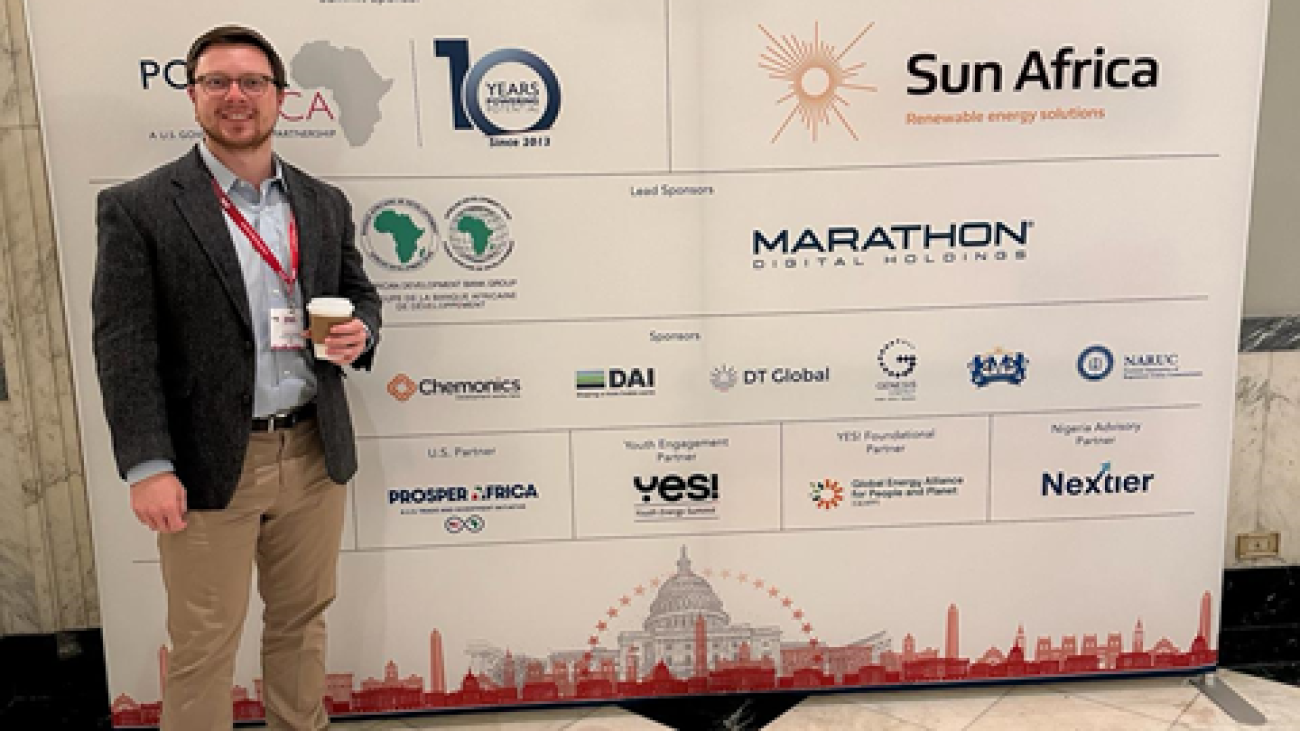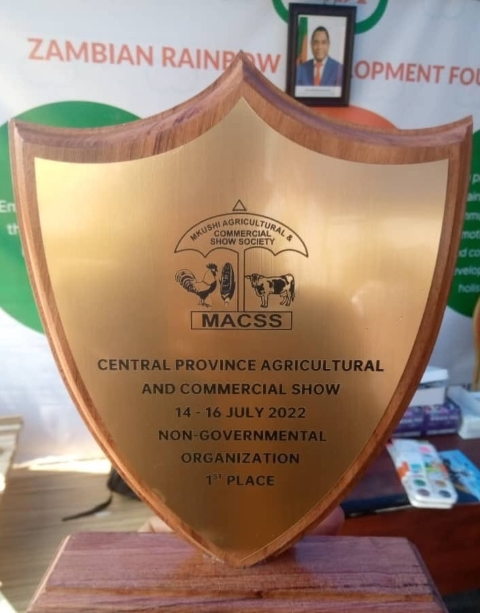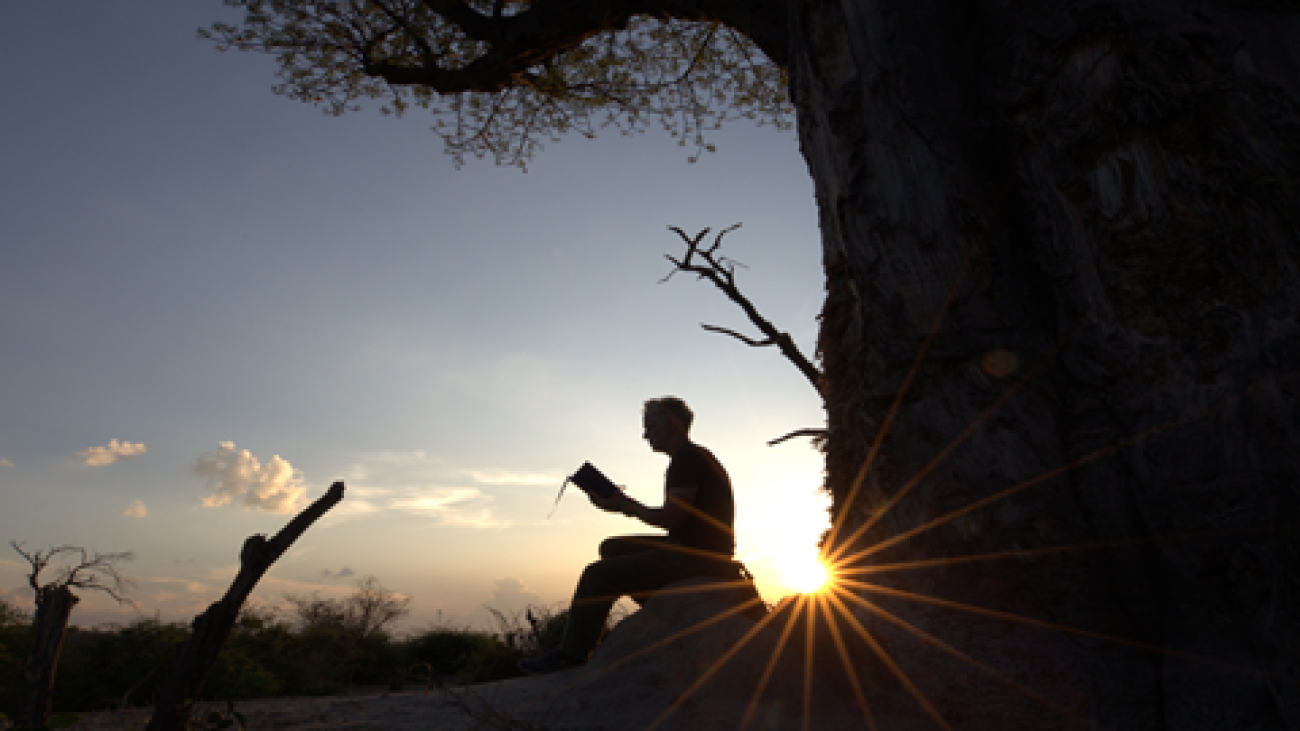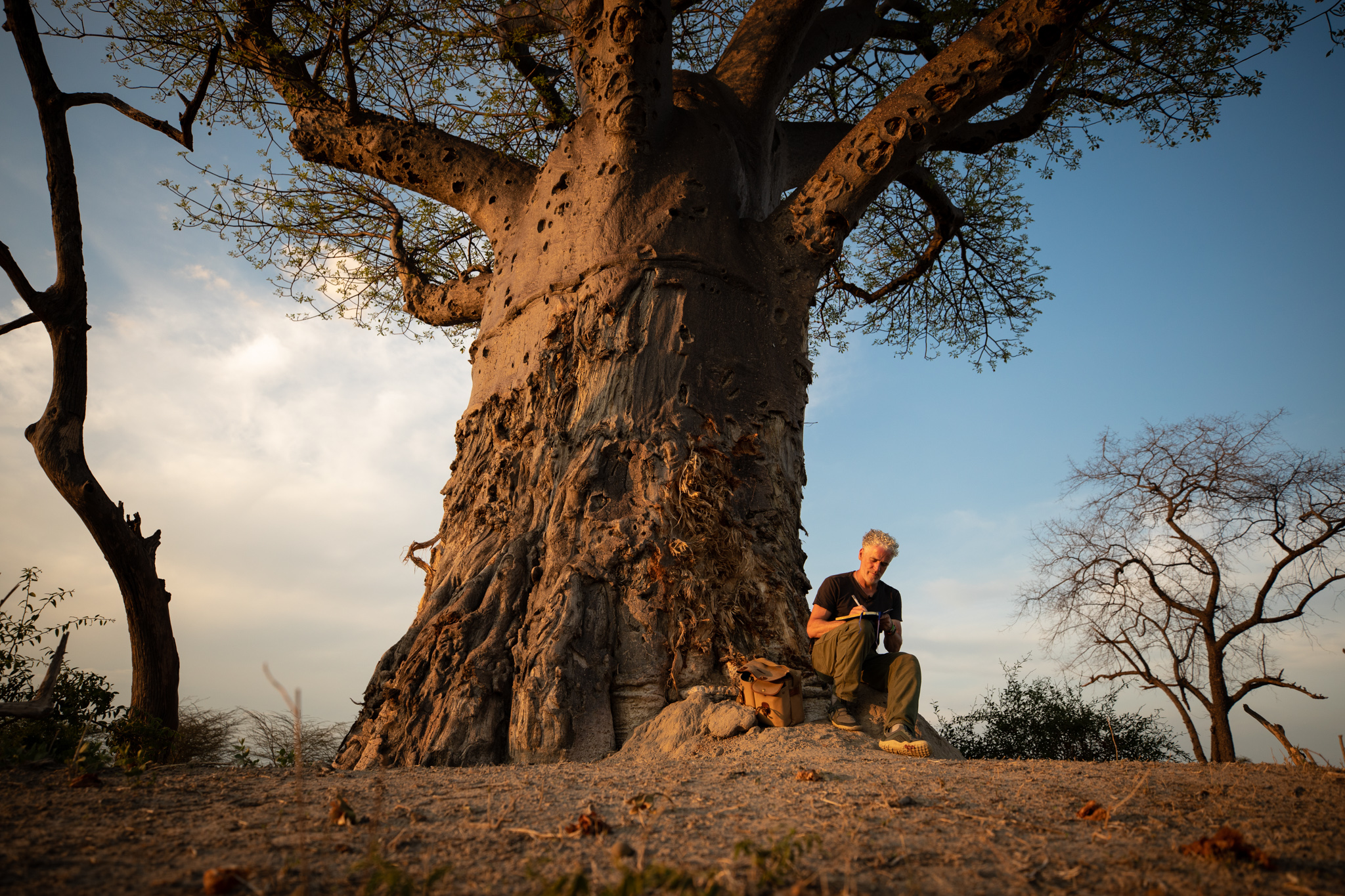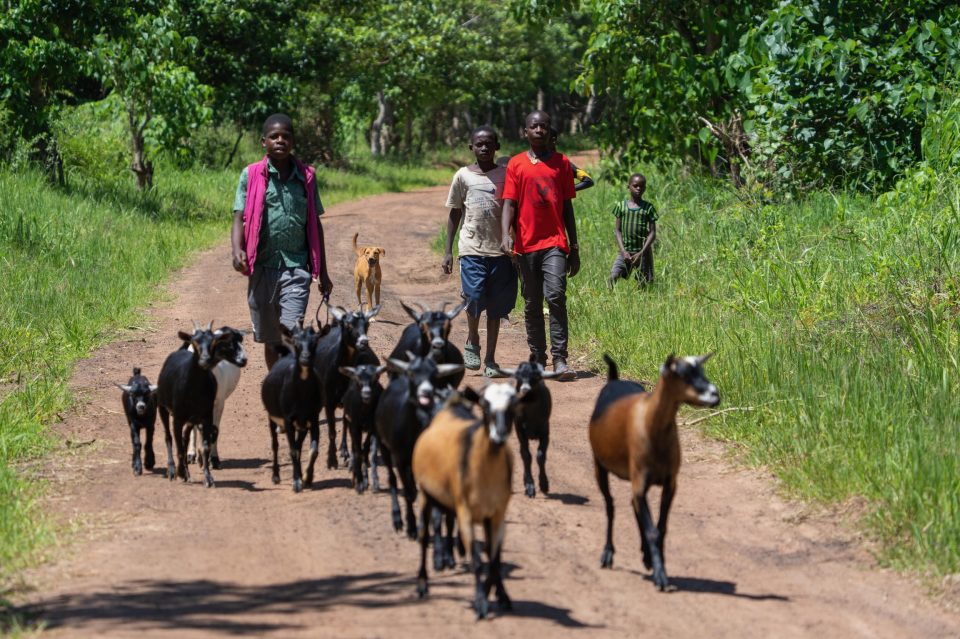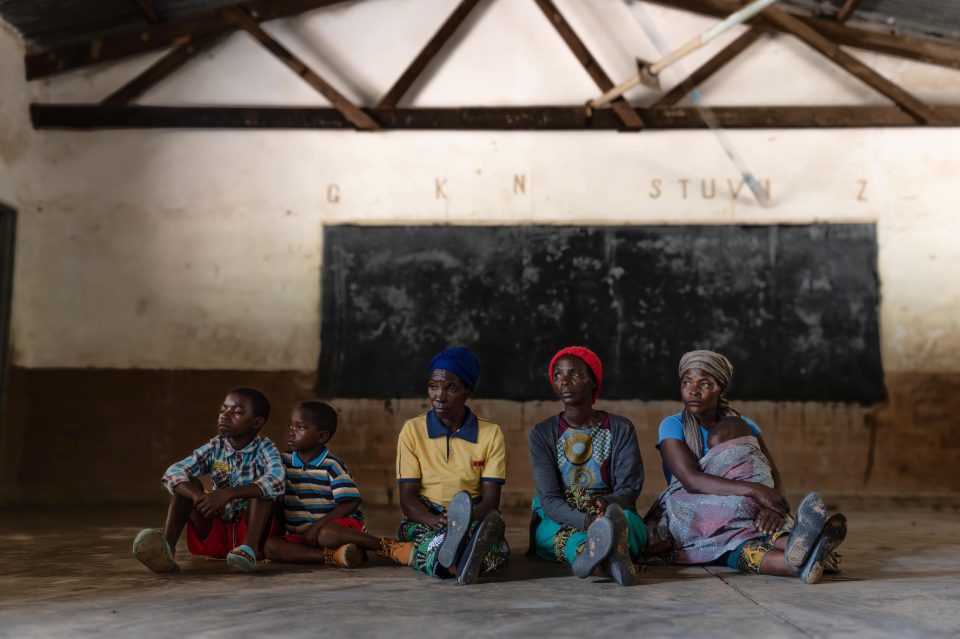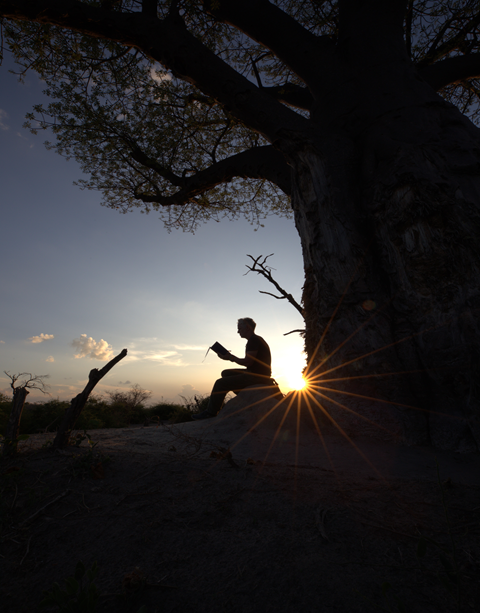JAMMA NEWS & INSIGHTS
Powering a Socially Just Energy Transition in Africa:
Perspectives from the 9th Powering Africa Summit
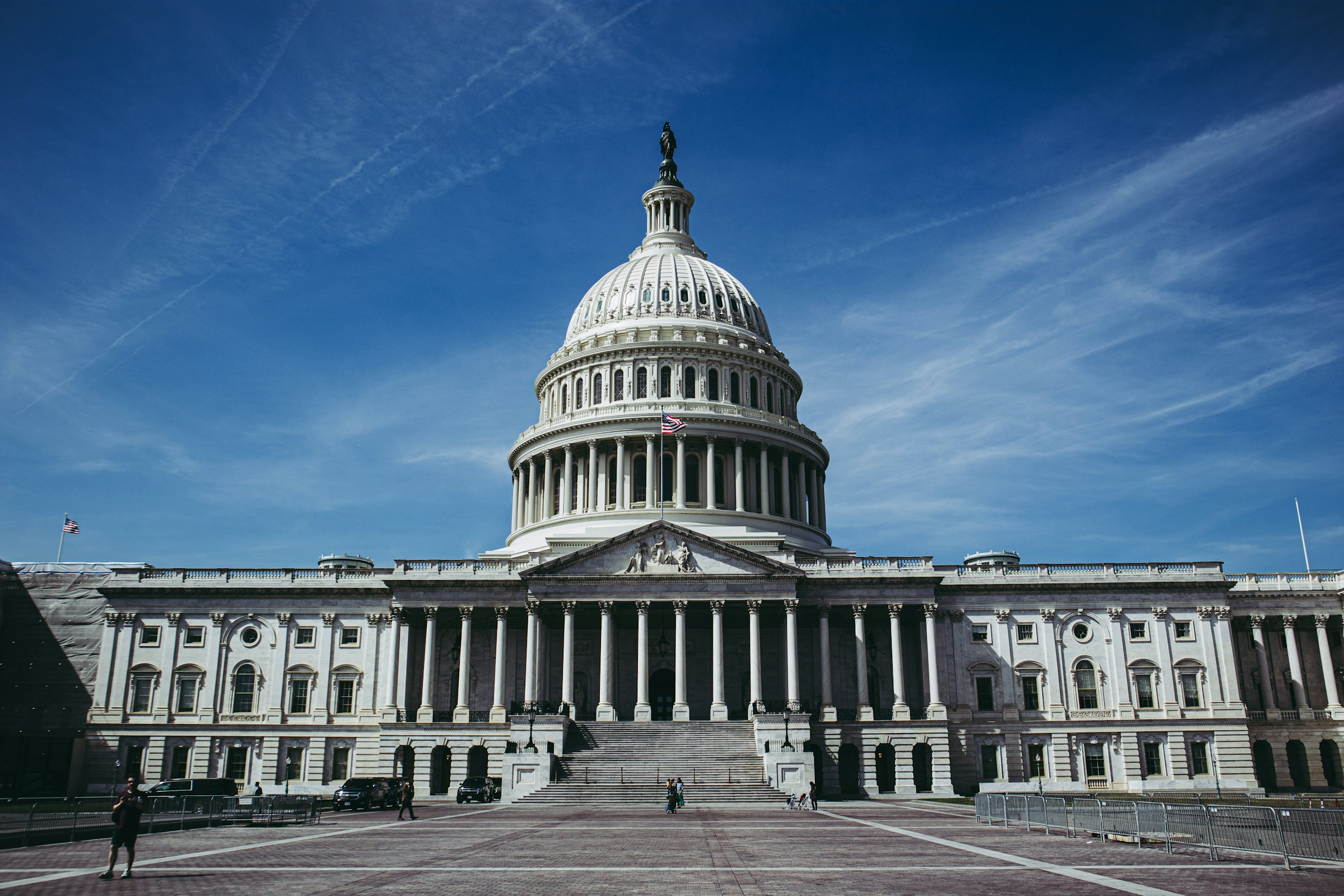
News and Insights
Africa is resource rich in both wildlife and energy but remains a poor continent. While responsible for only about 3% of global carbon emission, African countries will be some of the most negatively impacted by climate change.
The scale of energy poverty in Africa and the urgent need to adopt renewables is a massive challenge. Most Africans still lack access to power, an inconceivable idea to the Global North and failure of human rights. An estimated 900 million people or 80% of households in sub-Saharan Africa rely on traditional biomass for personal energy consumption. This high demand for wood fuels can drive deforestation, which causes most of Africa’s limited emissions. Meanwhile, Africa’s population growth is projected to outpace the rest of the world further increasing energy demand and potential pressures on nature.
The 9th Powering Africa Summit, hosted by Power Africa in Washington, DC, confronted the need for increasing investment and sustainable finance mechanisms to address Africa’s energy poverty, meet growing demand, and achieve climate goals. Energy Ministers from every region attended with global finance institutions, U.S. government partners, solar industry developers, sustainable development advocates, and youth campaigners.
The agenda flowed from the Nairobi Declaration and climate pledges made at the inaugural Africa Climate Summit hosted by Kenya in 2023. To realize a clean transition and energy industrialization at the scale needed, more than $2 trillion of investment (almost the size of the entire continent’s GDP) is required including through increased access to concessional loans, support from developed nations, and a diversity of innovative private capitol partnerships.
But how do indigenous peoples and local communities fit in to this revolution? Being the most rural and often marginalized, indigenous peoples’ groups likely have the least access to power while their customary lands contribute the most to climate change mitigation. Indeed, rural electrification is a major benefit prioritized by community-based natural resource management programs, for example for communal conservancies in Namibia (my area of research expertise). And what cost will this energy transition have on biodiversity or more sustainable development opportunities through wildlife-based bio-economies, including timber, indigenous plant products, or communally managed forests?
Project developers do conduct environmental and social impact assessments, but data is often lacking from the process. Indigenous peoples’ experiences with carbon markets also does not inspire hope that the right to free, prior and informed consent will be respected.
The renewable energy sector, therefore, has the obligation and opportunity to help power Africa with a people-centric approach. Indigenous peoples and local communities must also be engaged, which can be achieved in collaboration with strong youth and women’s movements already at the table calling for inclusion and equity.
By Joseph Goergen



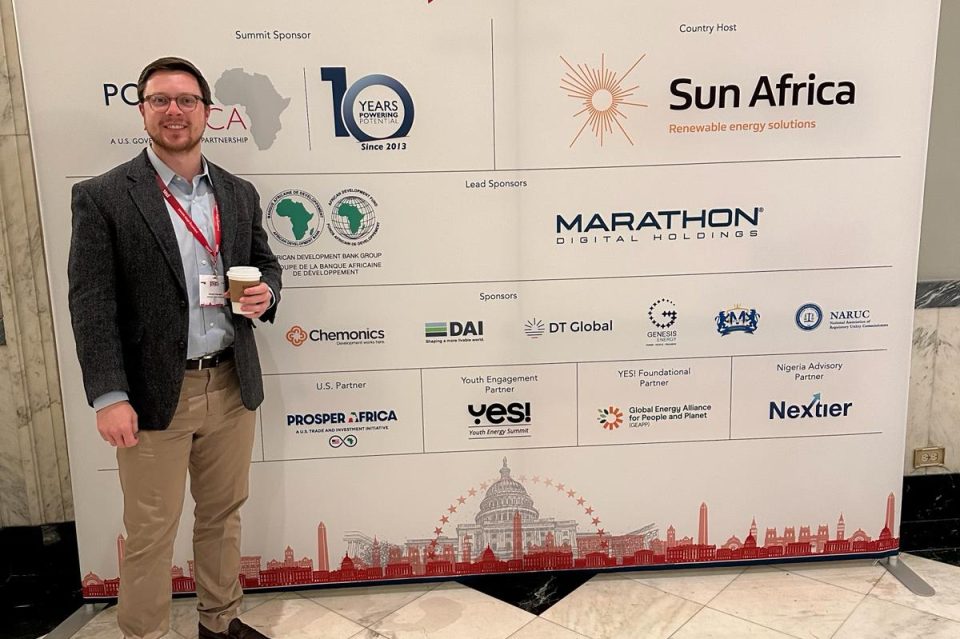
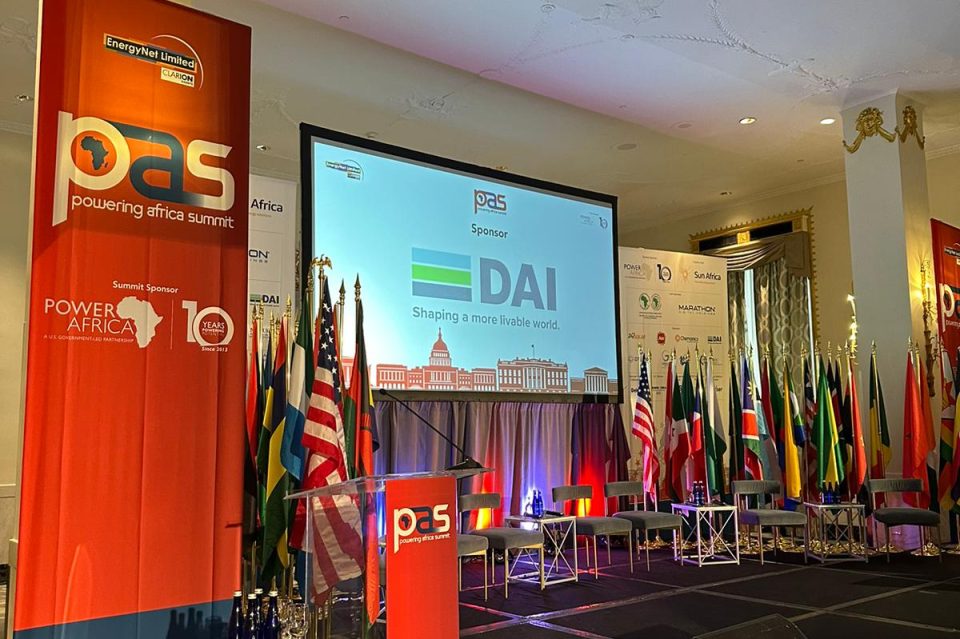
Joseph Goergen is an AWEI Research Fellow and International Policy & Public Affairs Specialist at Jamma International. His MSc thesis in Conservation Biology at Michigan State University is evaluating the environmental and governance drivers of income earned by community-based natural resource management economies in Namibia.


